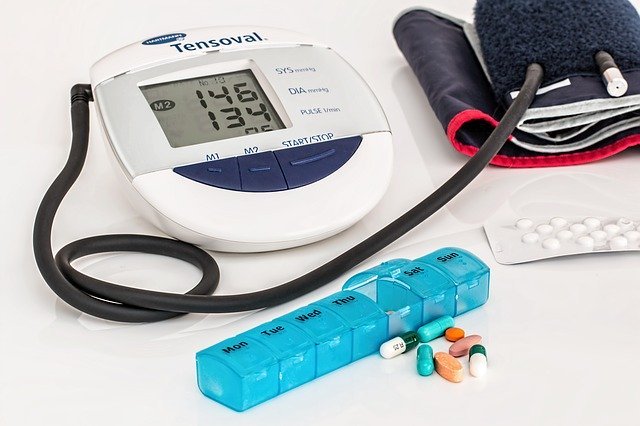
Obstructive Sleep Apnea (OSA) affects an estimated 22 million Americans.
In addition to sleep problems, the condition can cause other health issues, including high blood pressure, chronic heart failure, and stroke.
Some patients with OSA are at an even higher risk of heart problems because of a phenomenon called “reverse dipping” that causes blood pressure to rise rather than lower during sleep.
In a recent study from the University of Missouri and elsewhere, researchers found the potential cause of high blood pressure in people with sleep apnea.
The finding is published in the European Respiratory Journal. The lead author is David Gozal, MD.
The researchers examined 46 patients diagnosed with OSA. They ranged in age from 18 to 70.
Fifteen participants were identified to have a rise in blood pressure during sleep, while the remaining 31 participants had blood pressure readings that either remained the same or declined at night.
The team found that the cell messages coming from participants with night-time elevated blood pressure were different than those transmitted in people with normal blood pressure.
The altered messages caused the cells that line the blood vessels to become dysfunctional. Those disturbed vessels allowed inflammatory cells to enter the vessels’ walls, causing the hardening of those vessels and leading to heart disease.
This potential cause for reverse dipping that may help patients with OSA get the help they need before heart disease develops.
With the new finding, the team can now identify those with OSA at the highest risk of heart problems in order to prevent them from developing additional complications.
Doctors can treat those patients more aggressively to ensure they adhere to therapy and use their continuous positive airway pressure device (CPAP) properly.
Copyright © 2020 Knowridge Science Report. All rights reserved.



